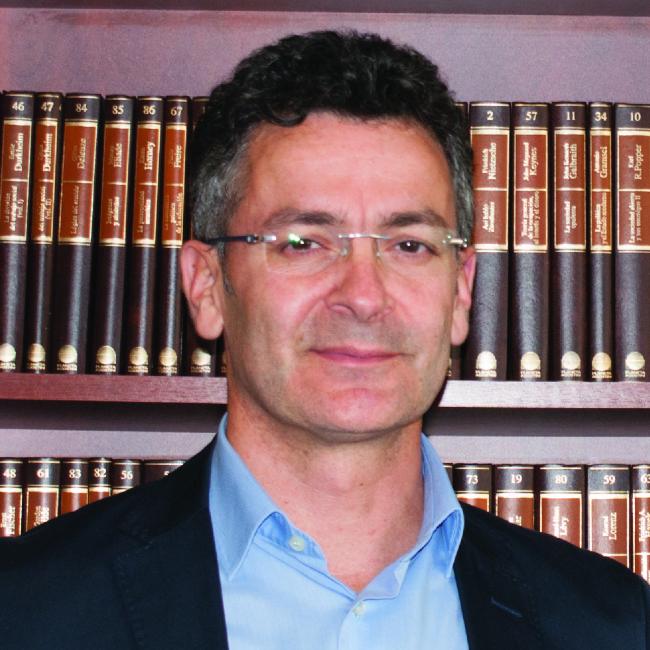- Home
- Events
- Event Calendar
- [GALA Valencia 2024] Is LLM Machine Translation a Viable Alternative to Customized NMT?
[GALA Valencia 2024] Is LLM Machine Translation a Viable Alternative to Customized NMT?
Customized neural machine translation is not viable or recommended for clients with low translation volumes or limited usable linguistic resources. Despite the increased sensitivity of customized machine translation engines to the translations needed for their training, the improvement in the quality of customized machine translation still largely depends on the volume of supplied translations.
The investment in time and money to customize a machine translation engine is not feasible in such cases. When projects are good candidates for machine translation and post editing, they are restricted to generic translation engines.
Large Language Models (LLMs) offer a viable alternative for generating automated translations that can take into account the specific characteristics of a client's content through the intelligent use of prompts. OpenAI also allows customization (fine-tuning in OpenAI's terminology) of some of its GPT 3.5 models and GPT 4 is now at an experimental phase. At AbroadLink, we are developing an internal web application to process SDL Studio packages and translates them automatically using OpenAI GPT 3.5, fine-tuned GPT 3.5 and GPT 4 models.
The tool provides a set of fields to the project manager, which they fill out and serve as a basis for generating prompts. We present some of the most significant results to determine the effectiveness of the various prompts proposed, offering examples of variations in the translations obtained. Our analysis focuses on the instructions for use (IFUs) for medical devices in the English into Spanish language combination, which can be largely extrapolated to other high resource languages like German, French or Italian.
We provide a comparative analysis regarding the results obtained using DeepL, Google and OpenAI. Linguistic quality aspects, utilizing automatic metrics and human evaluations, as well as economic viability factors are taken into account.
Host organization: Globalization and Localization Association
Event Speakers

Josh Gambín
AbroadLink
Josh Gambín holds a 5-year degree in Biology from the University of Valencia (Spain) and a 4-year degree in Translation and Interpreting from the University of Granada (Spain). He has worked as a freelance translator, in-house translator, desktop publisher and project manager. From 2002, he is a founding member of AbroadLlink and currently works as Marketing and Sales Manager.


